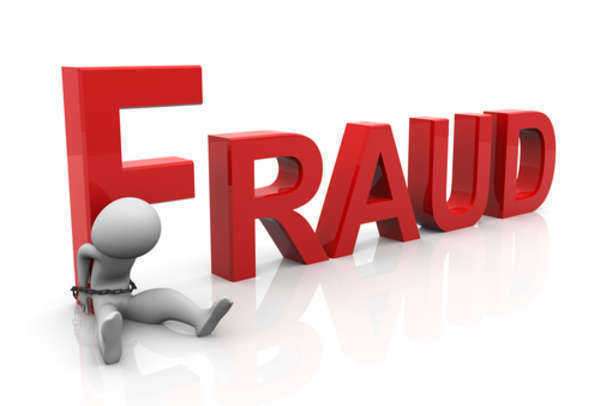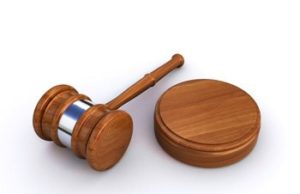Easy Guide to State Consumer Fraud Laws

The Federal Trade Commission is primarily in charge of enforcing consumer fraud laws and protection statutes. The FTC uses industry guides and trade regulations to decide what is unfair or deceptive trade practices. The FTC places and regulates federal consumer fraud laws, while each state has jurisdiction over their own state’s laws and regulations regarding unfair or fraudulent activity.
All states have common fraud laws that provide broad and general protection against business practices that would be considered to be fraudulent. To prove fraud one must provide evidence that:
The individual or company doing business with him/her made a false statement on material that was important to the sale.
The person who made the false statement knew or understood the statement was incorrect.
The buyer relied on the false statement to his/her detriment.
Some states have created more specific statutes based on what particular consumer product is involved with the claim. States have established agencies to enforce these consumer fraud laws within their state’s jurisdiction.
Each state has an attorney general who often enforces consumer law through these specialized agencies, known as consumer affairs departments. States also have business-specific statutes that cover specialized kinds of business practices in different industries. Some of these statutes include health club contracts, travel agencies and vehicle repair and sales.
As noted, individual states have legally passed acts which more specifically help protect the interests of consumers when dealing with fraud laws and deceptive sales practices. For instance, the New Jersey Consumer Fraud Act was put in place to protect consumers from fraudulent business practices. The Consumer Fraud Act covers a wide range of sales including limits on going-out-of-business sales, specific requirements regarding posted refund policies and clear price marking and advertising.
Any sales practice that misrepresents, makes false promises or otherwise is deceptive to consumers with the intent of getting them to buy something is a violation of the Consumer Fraud Act. The New Jersey attorney general has the power to enforce the Consumer Fraud Act, and any consumer who believes they were deceived and lost money can sue to recover their monetary losses.
When an individual sues for monetary damages, the court is mandated to reward the individual with three times the damages and the attorney fee must be paid by the other party. In all though, each of the 50 states has their own specific guidelines and regulations when dealing with fraud laws and some have their own consumer fraud act in place to further the rights of consumers.




















